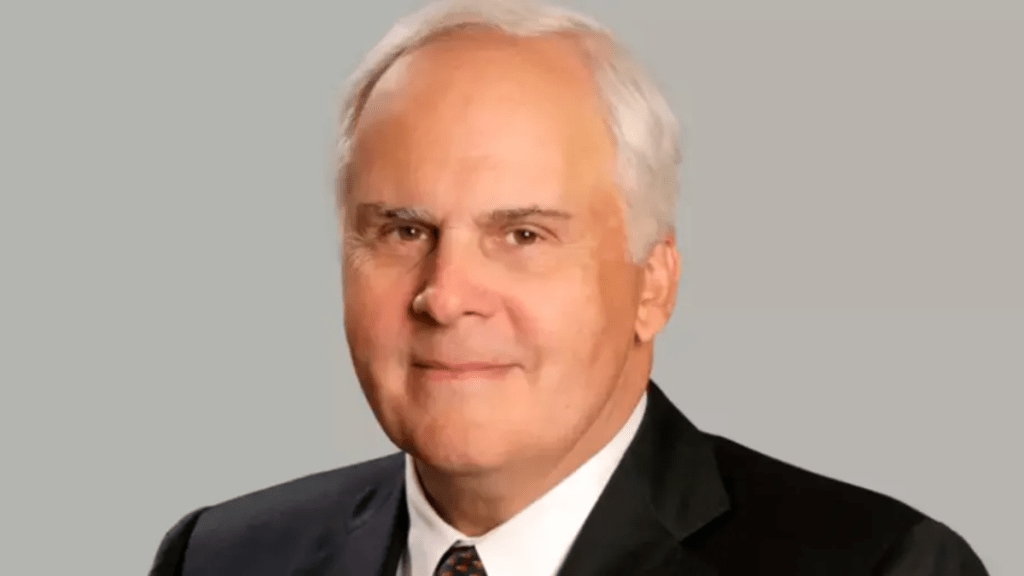Frederick Wallace Smith, the founder of global courier giant FedEx, who reportedly passed away on June 21 at the age of 80, leaves behind not only a legacy of innovation in logistics but also a fortune valued at $6 billion, according to Celebrity Net Worth.
From Inheritance to Industry Disruption
Smith revolutionized the shipping industry when he launched Federal Express in 1971 using a $4 million inheritance from his father — a sum that would be worth over $23 million today. At a time when overnight shipping was still a novel idea, Smith raised an additional $91 million in venture capital, building the foundation of what would become a multibillion-dollar company.
By 1973, FedEx was already operating with 14 jets, servicing 25 U.S. cities. Decades later, under Smith’s leadership, the company grew into one of the most powerful logistics networks in the world, offering express delivery, freight, and e-commerce logistics services globally.
Executive Earnings Reflect Success
Smith’s earnings reflected the scale of the company’s success. In 2008, his total compensation as CEO was $10.4 million, which included a base salary of $1.4 million, a $2.7 million cash bonus, and $5.5 million in stock options. Even during economic slowdowns, like in 2009, Smith earned over $7.7 million.
In March 2022, Smith stepped down as CEO of FedEx, appointing Raj Subramaniam as his successor while continuing to serve as executive chairman. Beyond FedEx, Smith was also a co-owner of the NFL’s Washington Commanders and served on the boards of prominent institutions like the Mayo Foundation and St. Jude Children’s Research Hospital.
Despite being offered the role of U.S. Secretary of Defense by President George W. Bush, Smith declined, choosing instead to focus on his business and philanthropic interests.
Smith’s journey — from a Yale student with a revolutionary idea to the helm of one of the world’s largest courier services — is often cited as a case study in entrepreneurship. His wealth was not just a symbol of personal success but of the profound impact he made on global trade, logistics, and American business culture.

